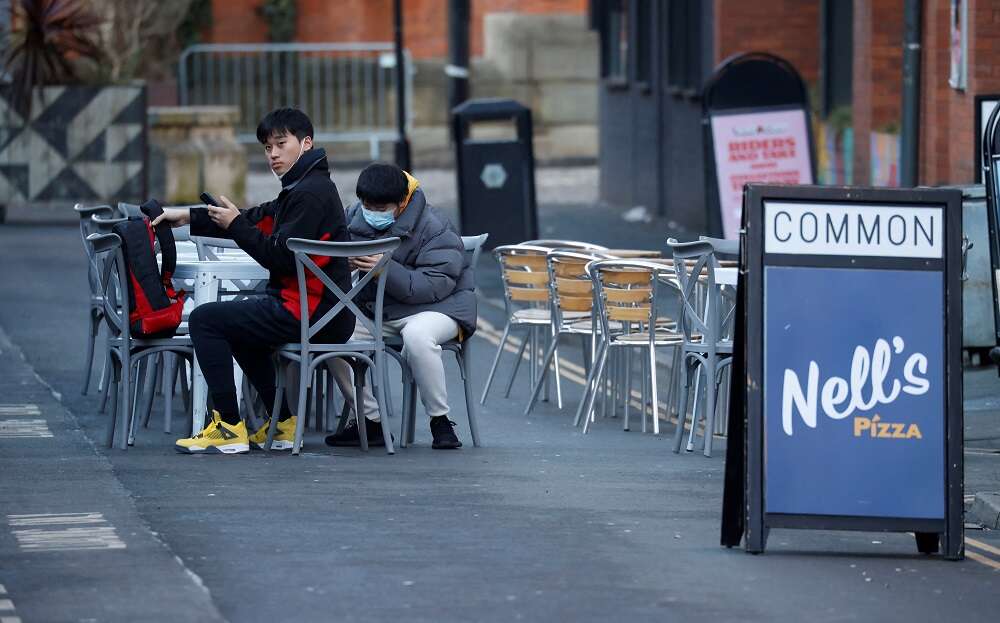
UK businesses stuck in reverse in October, surveys show
By Andy Bruce
LONDON (Reuters) -Britain’s businesses reported another decline in activity this month and cost pressures cooled further, surveys showed on Tuesday, underlining the risk of recession as the Bank of England prepares for its interest rate decision next week.
The “flash” preliminary reading of the S&P Global UK Purchasing Managers’ Index (PMI) for the services sector fell in October to 49.2 from 49.3 in September, the lowest reading since January and below the 50 no-change mark for a third month.
A Reuters poll of economists had pointed to an unchanged reading.
A separate Confederation of British Industry survey of factories showed the biggest drop in new orders since early 2021 as well as a sharp fall-off in cost pressures and hiring plans.
Adding to the downbeat tone, labour market data on Tuesday showed falling numbers of employed people and a small rise in the number who are unemployed, although the jobless rate stayed at 4.2%. The PMI also pointed to rising redundancies.
Britain’s economy looks on course for a quarterly decline in economic output of around 0.1%, PMI company S&P Global said, with optimism in boardrooms falling to its lowest point so far this year.
“This supports our view that a mild recession is underway and that the Bank of England has finished hiking interest rates,” said Ruth Gregory, deputy chief UK economist at consultancy Capital Economics.
The services PMI’s gauge of new business fell to its lowest level since November last year, although the recent deterioration in employment eased a little.
Readings from France and Germany pointed to a worsening downturn in the euro zone.
The readings are likely to reinforce expectations that the BoE will keep interest rates on hold for a second meeting in a row on Nov. 2. Governor Andrew Bailey said last week that recent data had turned out broadly as the BoE expected.
Services companies reported the smallest increase in input costs since February 2021, although selling prices rose at a slightly faster rate.
A little over a third of the economists polled by Reuters said they expected a recession.
The PMI for the manufacturing sector rose to 45.2 from September’s 44.3, a three-month high but still signalling a rapid contraction in output.
Manufacturers’ selling prices contracted at the fastest rate since February 2016.
The composite PMI, which combines services activity and manufacturing output, inched up to 48.6 from 48.5.
(Reporting by Andy Bruce; Editing by Hugh Lawson and Jan Harvey)


